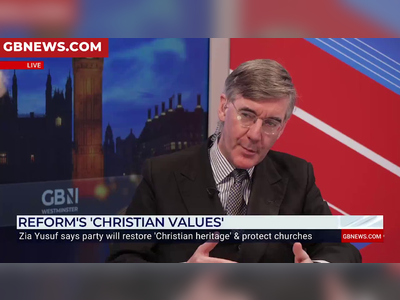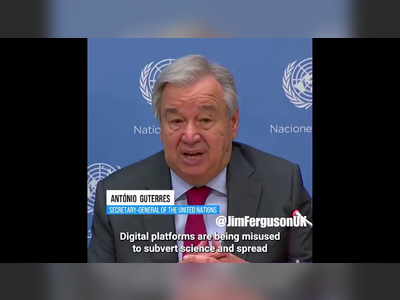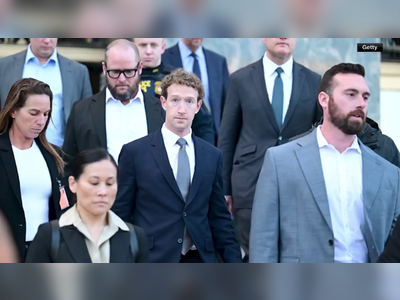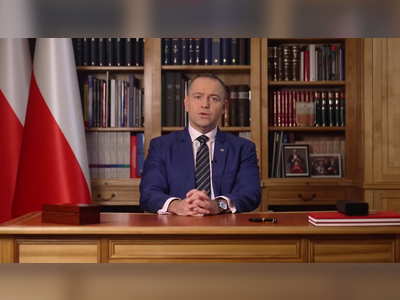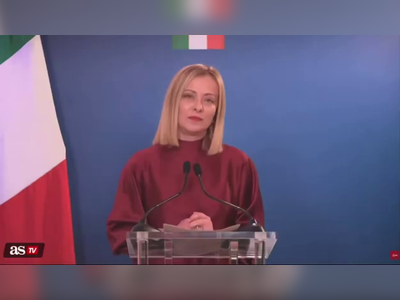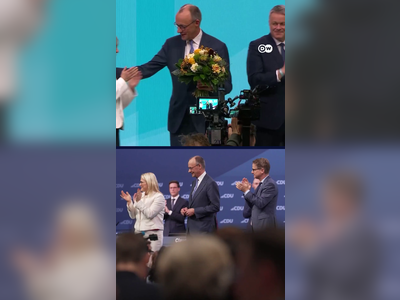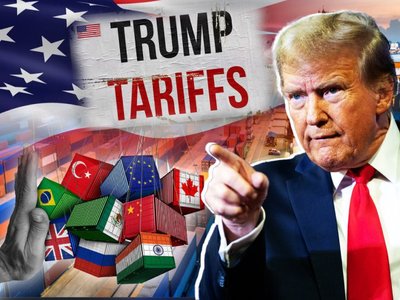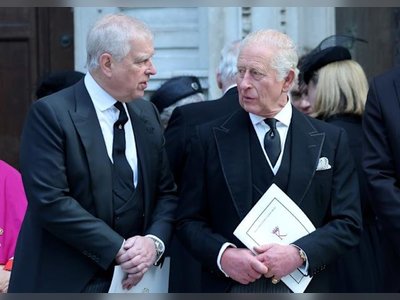NATO Summit in The Hague: Unprecedented Security Raises Questions of Liberty and Safety
As The Netherlands gears up for the largest security operation in its history, the world debates the balance between necessary precautions and civil liberties.
In an unprecedented display of security measures, The Hague is poised to become a veritable fortress as it prepares to host the upcoming NATO summit, a gathering of 135 world leaders and ministers.
With 27,000 officers mobilized to oversee the event, this operation marks the largest police deployment in Dutch history.
Over 46,000 officer shifts will be coordinated, spotlighting the colossal efforts and logistics required to ensure the safety of thousands of dignitaries and guests.
However, this titanic security operation stirs significant questions about the necessity and potential overreach of such measures.
While the gathering of international leaders indeed warrants heightened precautions, the envelopment of an entire city in a security cocoon may appear excessive to some, reviving memories of similar events like the G20 summit in Toronto in 2010, which sparked public unrest over extensive policing tactics.
The stakes are undeniably high.
Any breach in security could result in dire global consequences, justifying meticulous preparation.
Yet, these protective measures come at a cost, not merely in financial terms but through the possible erosion of civil freedoms.
This dichotomy presents a dilemma: can a balance be struck between ensuring safety and preserving public liberty?
This juxtaposition resonates with the timeless discourse surrounding freedom and security.
As governments navigate these complicated landscapes, there is a pressing need to innovate security solutions that safeguard without stifling democratic values.
The enduring wisdom of Benjamin Franklin warns against sacrificing essential liberties for temporary security—a cautionary reminder that echoes through The Hague's streets as it gears up for a summit of global significance.
Ultimately, The Hague's approach to NATO could set a precedent for future international gatherings.
As global dynamics evolve and threats persist, the challenge remains to develop protective strategies that do not overshadow the freedoms they aim to protect.
This summit, then, is not merely a logistical triumph but a test of our commitment to upholding democratic principles in an increasingly complex world.
With 27,000 officers mobilized to oversee the event, this operation marks the largest police deployment in Dutch history.
Over 46,000 officer shifts will be coordinated, spotlighting the colossal efforts and logistics required to ensure the safety of thousands of dignitaries and guests.
However, this titanic security operation stirs significant questions about the necessity and potential overreach of such measures.
While the gathering of international leaders indeed warrants heightened precautions, the envelopment of an entire city in a security cocoon may appear excessive to some, reviving memories of similar events like the G20 summit in Toronto in 2010, which sparked public unrest over extensive policing tactics.
The stakes are undeniably high.
Any breach in security could result in dire global consequences, justifying meticulous preparation.
Yet, these protective measures come at a cost, not merely in financial terms but through the possible erosion of civil freedoms.
This dichotomy presents a dilemma: can a balance be struck between ensuring safety and preserving public liberty?
This juxtaposition resonates with the timeless discourse surrounding freedom and security.
As governments navigate these complicated landscapes, there is a pressing need to innovate security solutions that safeguard without stifling democratic values.
The enduring wisdom of Benjamin Franklin warns against sacrificing essential liberties for temporary security—a cautionary reminder that echoes through The Hague's streets as it gears up for a summit of global significance.
Ultimately, The Hague's approach to NATO could set a precedent for future international gatherings.
As global dynamics evolve and threats persist, the challenge remains to develop protective strategies that do not overshadow the freedoms they aim to protect.
This summit, then, is not merely a logistical triumph but a test of our commitment to upholding democratic principles in an increasingly complex world.
